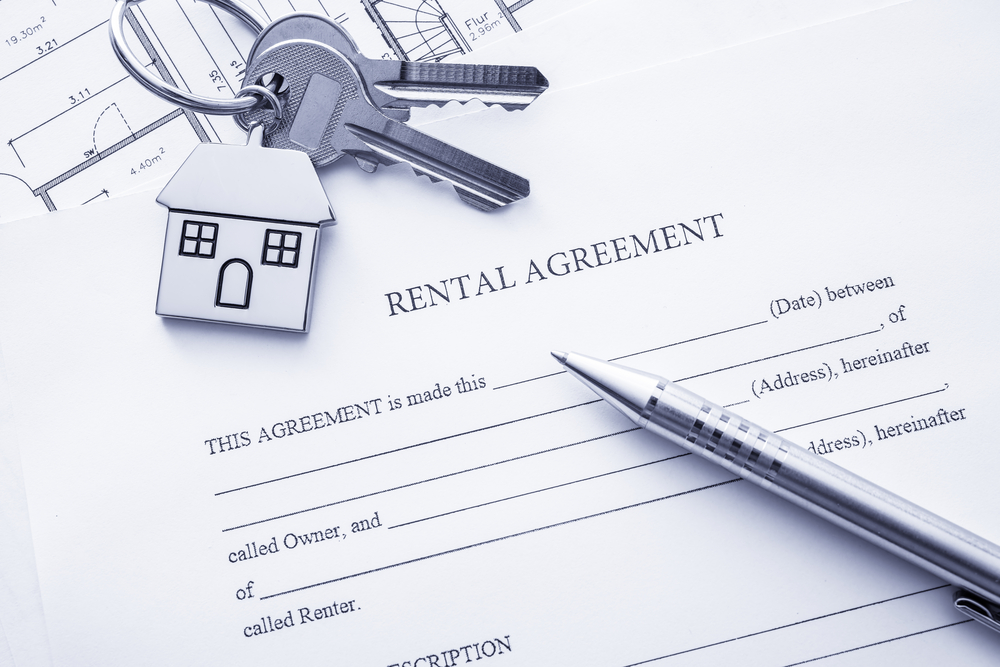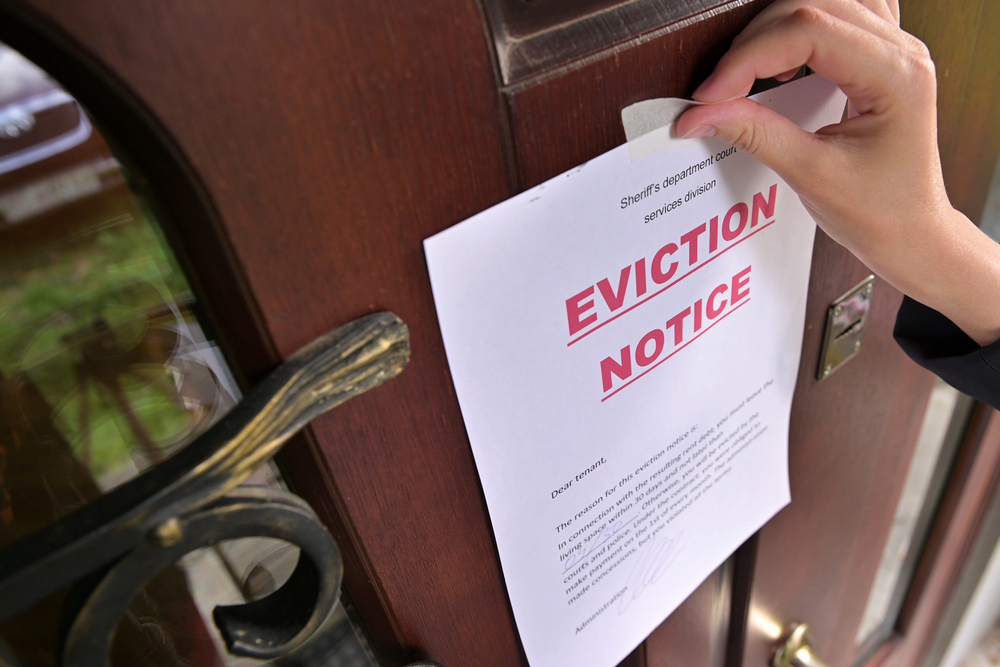When it comes to renting a property, both landlords and tenants have specific rights and responsibilities. Washington state has its own set of laws and regulations that govern rental agreements, ensuring fairness and clarity in the rental process. Whether you're a prospective tenant, a current renter, or a landlord, understanding these laws is crucial for a smooth and legal rental experience.
1. The Rental Agreement 
Written vs. Verbal Agreements
In Washington, rental agreements can be either written or verbal. However, written agreements are highly recommended as they provide a clear record of the terms agreed upon by both parties. A written lease should include important details such as the rent amount, payment due dates, security deposit information, and the duration of the lease.
Lease Terms
Washington leases are typically for a fixed term (e.g., one year) or month-to-month. If you’re on a month-to-month lease, you or your landlord must provide at least 20 days' notice before terminating the lease.
2. Rent and Deposits
Rent Increases
Landlords must provide a minimum of 60 days' notice before increasing rent for month-to-month tenants. For fixed-term leases, rent can only be increased when the lease term ends, unless the lease specifically allows for mid-term adjustments.
Security Deposits
Washington law does not set a maximum limit on security deposits, but landlords must provide a written checklist of the property’s condition at the time of move-in. Upon moving out, landlords have 21 days to return the deposit, minus any deductions for damage or unpaid rent. If there are deductions, landlords must provide an itemized list of these charges.
3. Landlord Responsibilities 
Maintenance and Repairs
Landlords are required to keep rental properties in a habitable condition, which means they must ensure that essential services like heating, plumbing, and electricity are in working order. If repairs are needed, tenants should notify the landlord in writing, and the landlord must address these issues in a timely manner.
Privacy and Entry
Landlords must provide at least 48 hours' notice before entering a rental unit, except in emergencies. This notice must include the time and date of entry and the reason for it.
4. Tenant Rights
Rent Payment
Tenants are expected to pay rent on time. If a tenant fails to pay rent, the landlord can issue a “Pay or Vacate” notice, giving the tenant 14 days to pay or move out. If the tenant does not comply, the landlord may begin the eviction process.
Discrimination Protections
Washington law prohibits discrimination based on race, color, national origin, sex, disability, familial status, and other protected categories. If a tenant believes they have been discriminated against, they can file a complaint with the Washington State Human Rights Commission.
5. Evictions 
Legal Process
Landlords must follow a legal process to evict tenants, which includes providing proper notice and filing a court action if the tenant does not comply. Washington law requires landlords to provide different types of notices depending on the reason for eviction (e.g., non-payment of rent, lease violation).
Eviction Notices
The type of notice a landlord must give varies depending on the situation:
Pay or Vacate: For non-payment of rent.
Cure or Vacate: For lease violations.
No Cause: For terminating a month-to-month lease.
6. Moving Out
Notice of Intent to Vacate
Tenants should provide written notice of their intent to vacate, typically 20 days before the lease ends or before the next rent payment is due for month-to-month leases.
Final Inspection
It's a good idea for tenants to request a final inspection before moving out to address any potential issues that might affect their security deposit.
Conclusion
Understanding Washington’s landlord-tenant laws is essential for both parties involved in a rental agreement. From ensuring clear and fair lease terms to knowing your rights and responsibilities regarding rent, maintenance, and eviction, being informed can help avoid disputes and foster a positive rental experience. Always refer to the latest legal updates or consult with a legal professional for specific issues or concerns related to rental properties.
Happy renting!

